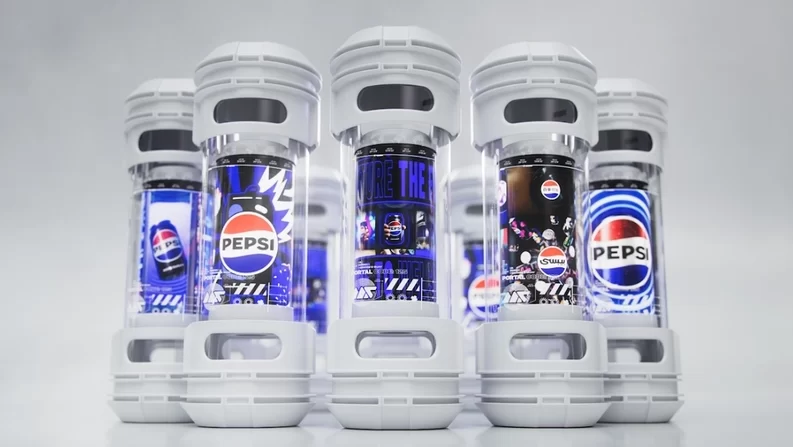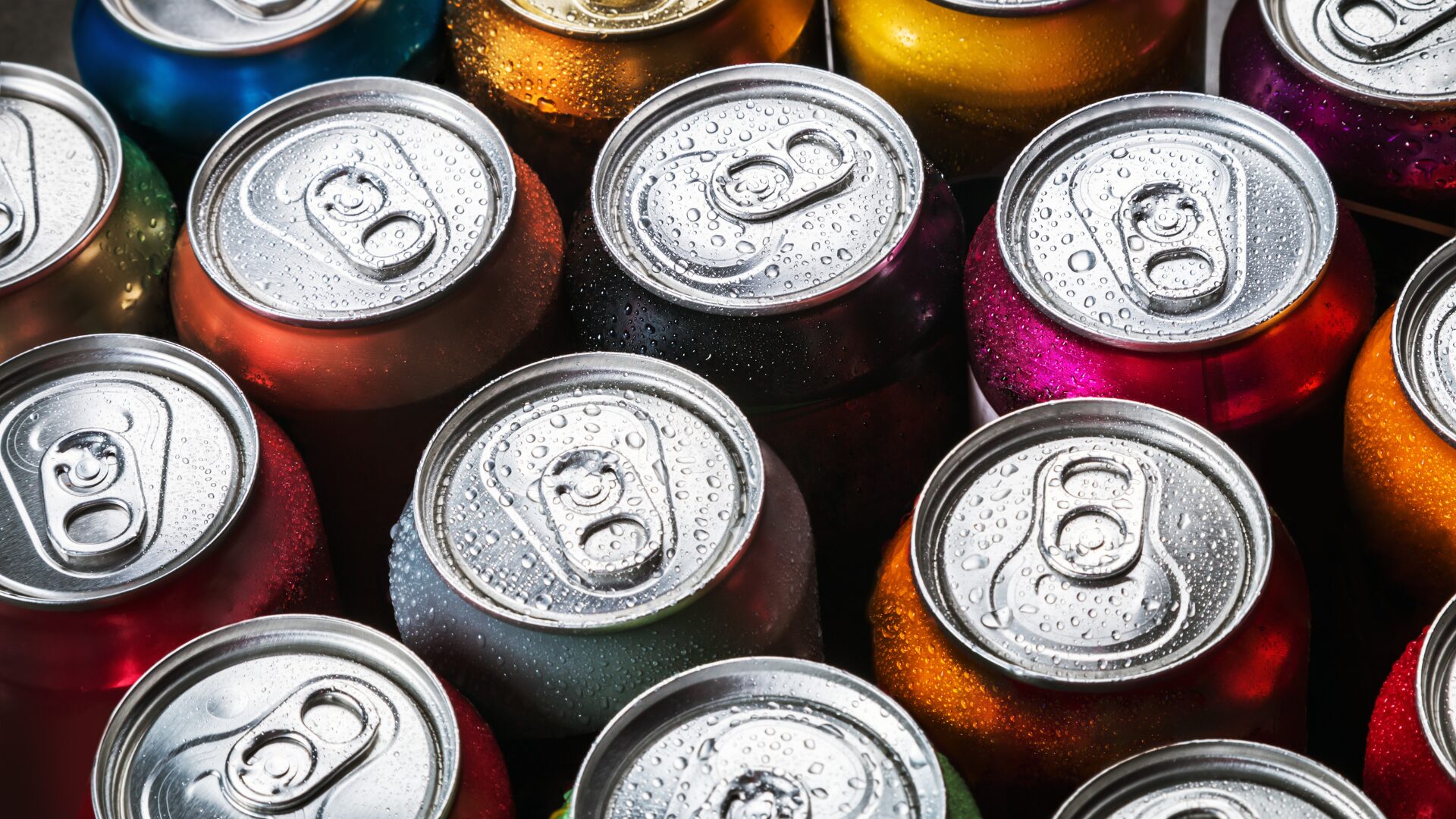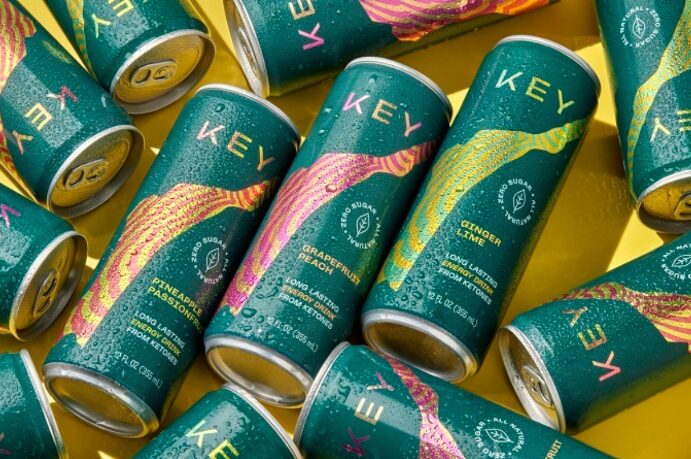Not satisfied with delivering the No. 2 cola experience, PepsiCo announced it has developed a so-called “smart can” that can deliver tailored, digital content to reignite interest in the brand.
But experts contacted by The Food Institute were split on whether the device – shown here in a YouTube video – will revitalize the brand or be seen as simply another marketing gimmick.
Pepsi, which recently lost its second-place finish in the soft-drink wars to Dr Pepper, unveiled the can-like digital device at the Cannes Lions International Festival of Creativity, which honors the best in advertising. MarketingDive reported PepsiCo used the event to preview efforts to combine marketing, design and technology to create personal experiences.
Think of the can, with a wraparound LED screen, as an interactive portal. The device contains motion sensors and could provide access codes and other benefits to enhance experiences at such things as sporting events or gaming. There’s no Pepsi in the smart can itself, despite its shape.
“This innovation showcases how design and marketing can collaborate to unlock new meaningful brand opportunities and brings to life our new visual identity and messages in an ever-changing digital landscape,” PepsiCo senior VP and chief design officer Mauro Porcini told Fast Company.
Josh Rosen, president of Hotspex Media and co-founder of Reticle AI, told FI the smart can approach was a wise move, turning PepsiCo into a tech company as well as a food company.
“Pepsi can leverage its popularity to reach more of an audience via tech,” Rosen said.
“Even if people have no idea why a drink brand is making high-tech soda cans, it has them talking about Pepsi.”
Dieter Hsiao, a Los Angeles-based tech/AI entrepreneur and investor, said he sees the Pepsi smart can as a marketing ploy rather than a game-changer.
“While ‘storytelling’ and direct consumer engagement are popular marketing strategies right now, an LED smart can seems gimmicky,” Hsiao said. “Pepsi likely spent a lot of money developing this concept, but I doubt it will translate into major sales growth or long-term brand loyalty. Today’s consumers, especially younger generations, expect brands to have an authentic purpose and social impact. An LED can doesn’t achieve that.”
“The latest tech or channel is never a substitute for brand purpose or value to customers,” growth marketing consultant Brian Kratt said. “Pepsi would benefit more from highlighting authentic social and environmental commitments. Purpose-driven stories that demonstrate real impact are what build trust and loyalty today.
“An LED can alone likely won’t change perceptions or habits in the long run.”
The Food Institute Podcast’s “Foodservice Gamechangers” Series
Get to know the men and women behind the scenes of foodservice distribution in a new, limited series from The Food Institute Podcast called “Foodservice Gamechangers.” Recently, Pat Mulhern, advisor to The Food Institute, sat down for brief conversations with seven of the most influential foodservice merchandising and distribution leaders. Highlighting their food career journeys and management styles, the conversations feature insightful thoughts on what may lie ahead for manufacturers, distributors, and operators in foodservice.












